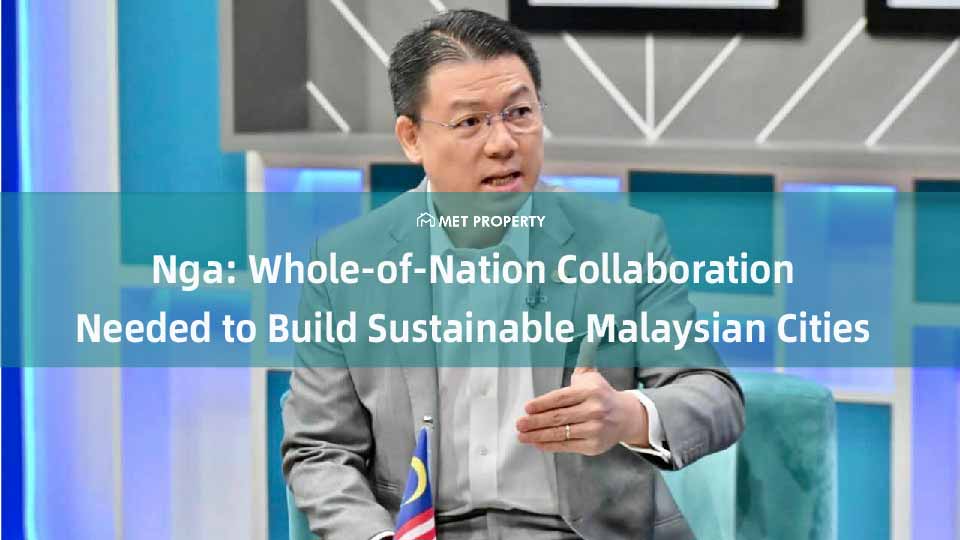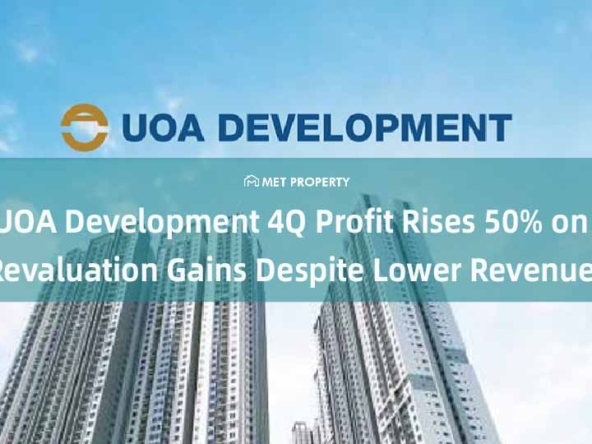“Malaysia must adopt whole-of-nation, cross-sector collaboration to build sustainable, climate-resilient cities, says Housing Minister Nga Kor Ming.”
Kuala Lumpur, 19th November 2025, 10.15am – Housing and Local Government Minister Nga Kor Ming says Malaysia must adopt a whole-of-nation approach—supported by strong multi-sector partnerships—to build sustainable and climate-resilient cities.
Nga emphasised that structured city-to-city knowledge sharing is essential so local authorities across Malaysia can apply proven solutions, toolkits and best practices effectively.
He highlighted the ministry’s joint efforts with the Ministry of Natural Resources and Environmental Sustainability (NRES), particularly on nationwide flood-mitigation initiatives using nature-based solutions, as an example of how integrated collaboration can drive real progress.
“Urban sustainability cannot be achieved by any single ministry, mayor or agency. Every sector must come together,” he said in a statement released in conjunction with the Cities: Possibilities 2025 conference, supported by the United Nations Development Programme (UNDP).
Nga, who also serves as president of the UN-Habitat Assembly, said the future of cities must be shaped collectively as urban areas are at the forefront of the global climate crisis.
“Our responsibility is to deliver solutions that are smart, sustainable, inclusive and locally relevant. Malaysia is committed to leading globally while delivering results on the ground,” he added.
He noted that Malaysia’s leadership under the UN-Habitat–COP30 collaboration is helping formalise global recognition of urban-climate linkages and strengthen multilevel governance frameworks.
Within ASEAN, Malaysia continues to champion a more inclusive and resilience-focused smart city agenda, including efforts to elevate the ASEAN Smart Cities Network (ASCN) into a ministerial-level platform by 2026.
Nga said Malaysian best practices are already being adopted across the region, citing Melaka’s heritage-driven urban conservation model and Penang’s participatory planning framework.
At home, he stressed that meaningful urban transformation begins by empowering local authorities to execute reforms effectively.
During the 14th Mayors Forum in Vienna in July, Malaysia proposed three pathways to enhance global city networks:
• establishing joint innovation funds to co-develop solutions,
• building regional hubs dedicated to coastal resilience and informal settlement upgrading, and
• adopting shared urban metrics to help cities track progress and learn from one another.




